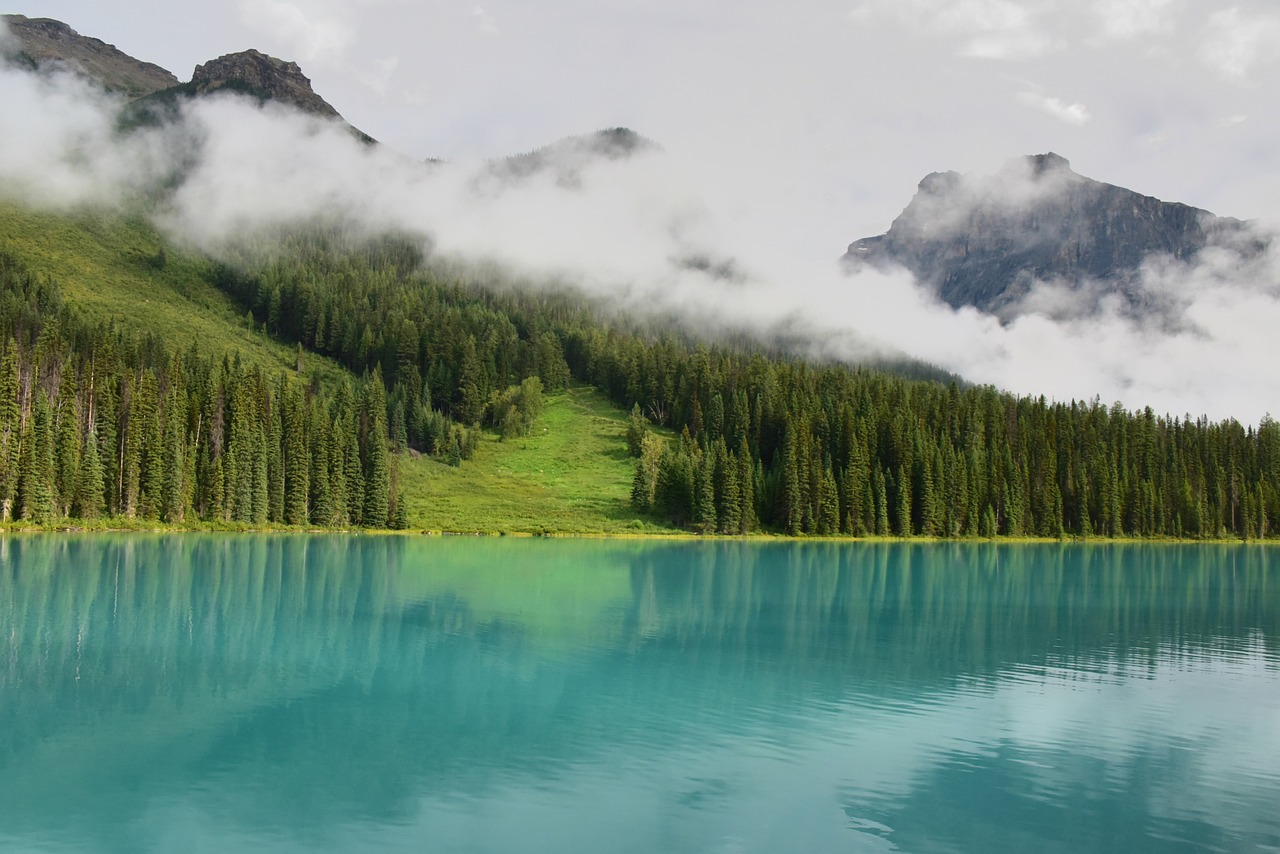Why you simply must checkout Great Salt Lake water conservation efforts and UNEP
Where can you get the best Great Salt Lake water conservation efforts?
Headline:
Unlock the “Green Superheroes” to Save Our Planet: The Vital Role of Plants, Soils, and Water
TL;DR:
Our Planet’s Lifeline: The Water Cycle and Climate Warriors
We wield the power to restore Earth’s equilibrium and combat climate change by empowering the “green superheroes” – trees, soils, and water. These hidden heroes orchestrate the water cycle, a vital ecosystem process that nourishes our planet. By embracing these natural allies, we can transform the land we use into a force for good.
The Hidden Heroes of Climate Change: Plants, Soils, and Water
TL;DR – Too Long; Didn’t Read
The way we use land has a big impact on the climate. When we cut down trees or damage the soil, it messes up the natural water cycle, causing more droughts and hotter temperatures. But healthy plants, especially trees, are like tiny water fountains that help make rain! Planting more trees and taking care of the soil can help us fight climate change.
The Amazing Link Between Plants, Soil, and Water
Imagine Earth as a giant machine that keeps itself cool and balanced. A big part of this machine is the water cycle, where water moves from the ground to the air and back again. Plants, especially trees, play a key role in this process.
H2: How Plants Cool the Planet
Plants act like natural air conditioners, using a process called transpiration to release water vapor into the air. Think of it like tiny water fountains all over the world! This water vapor helps form clouds and rain, which cools the Earth’s surface.
H3: The Power of Trees
Trees are especially good at this job. They have deep roots that pull water from the ground, and they release a lot of water vapor into the atmosphere. This is why forests are often called “water towers” — they are incredibly important for regulating rainfall and keeping things cool.
H2: When the Balance is Broken
When we cut down forests, the water cycle gets disrupted. Without trees to pull up water and release it back into the air, the ground gets hotter, and there’s less rain. This can lead to droughts, which makes it even harder for plants to grow.
H3: Soil Matters Too
Healthy soil acts like a sponge, soaking up water and releasing it slowly. But when we damage the soil by over-farming or using too many chemicals, it loses its ability to hold water. This can lead to floods and droughts, making the climate even more unpredictable.
H2: Fighting Climate Change with Plants
The good news is that we can help fix this problem. By planting more trees, protecting existing forests, and taking care of the soil, we can restore the balance in the water cycle and fight climate change.
H3: Reforestation is Key
Planting trees, especially in areas where forests have been destroyed, can help restore the natural water cycle. This means more rain, cooler temperatures, and a healthier planet for everyone.
H3: Sustainable Land Use
We can also make changes to the way we use land. This includes farming methods that don’t harm the soil, and protecting forests from being cut down.
H2: The Future is Green
Taking care of plants, soil, and water is essential for fighting climate change. By understanding the interconnectedness of these elements, we can make choices that protect our planet and create a more sustainable future.
Frequently Asked Questions
H4: What role do trees play in the water cycle?
Trees are like giant water pumps! They pull water up from the ground through their roots and release it into the air as water vapor. This water vapor is crucial for forming clouds and rain.
H4: How does deforestation impact local and global climates?
When we cut down forests, the water cycle gets disrupted. This leads to less rain, higher temperatures, and more droughts. These effects can even be felt far away from the deforested area.
H4: Why is soil health important for climate regulation?
Healthy soil acts like a sponge, holding water and releasing it slowly. This helps regulate rainfall and keeps the ground cool. When soil is damaged, it can’t hold water as well, leading to floods and droughts.
H4: What policies can help mitigate climate change related to land use?
We need policies that protect forests, promote reforestation, and encourage sustainable farming practices. These policies should recognize the importance of forests in regulating the water cycle and fighting climate change.
More on Great Salt Lake water conservation efforts…
- Great Salt Lake conservation
- Great Salt Lake water management
- Great Salt Lake restoration
- UNEP Great Salt Lake
- UNEP water conservation
- Water conservation in Utah
- Great Salt Lake ecological restoration
- Great Salt Lake brine shrimp
- Great Salt Lake wetlands
- Great Salt Lake migratory birds
- Great Salt Lake economic impact
- Great Salt Lake tourism
- Great Salt Lake climate change
- Great Salt Lake water levels
- Great Salt Lake salinity
- Great Salt Lake pollution
- Great Salt Lake conservation organizations
- Great Salt Lake research
- Great Salt Lake education





